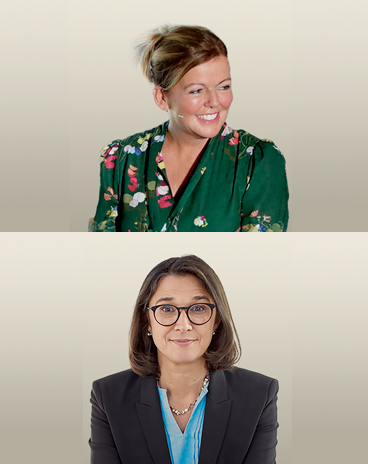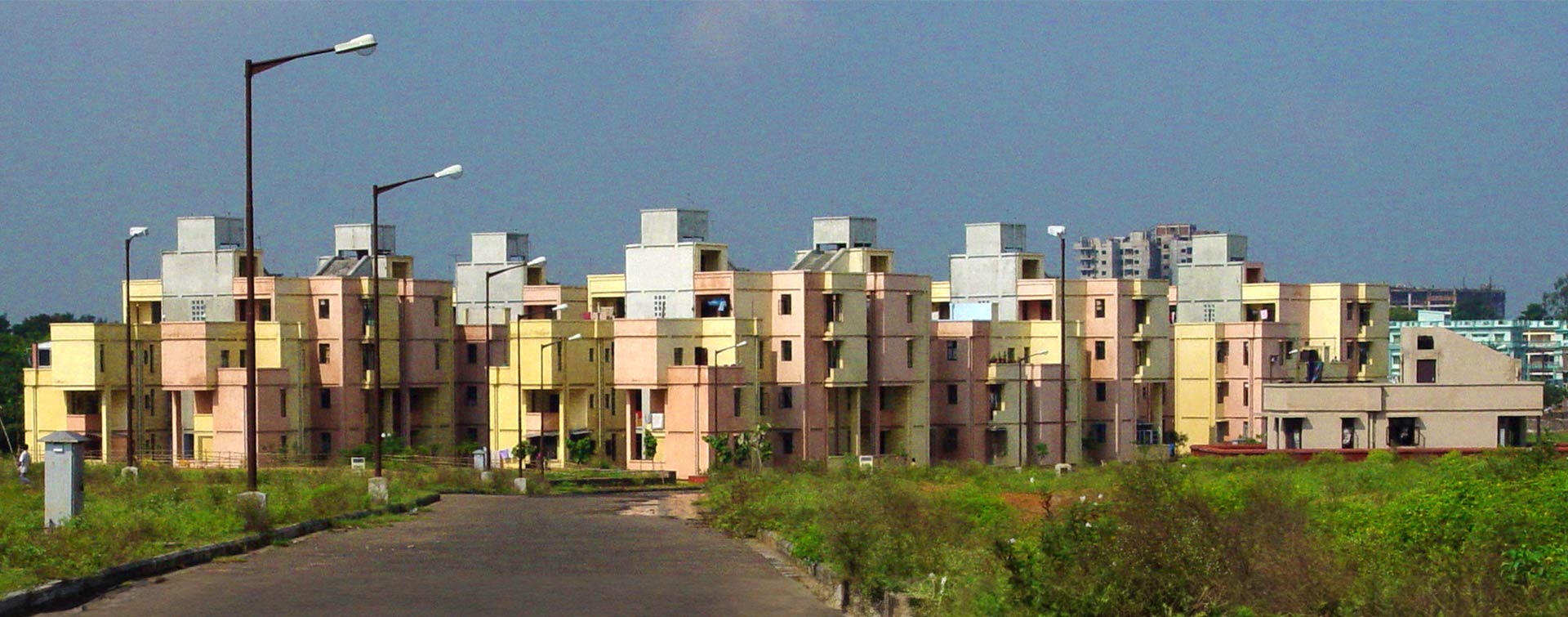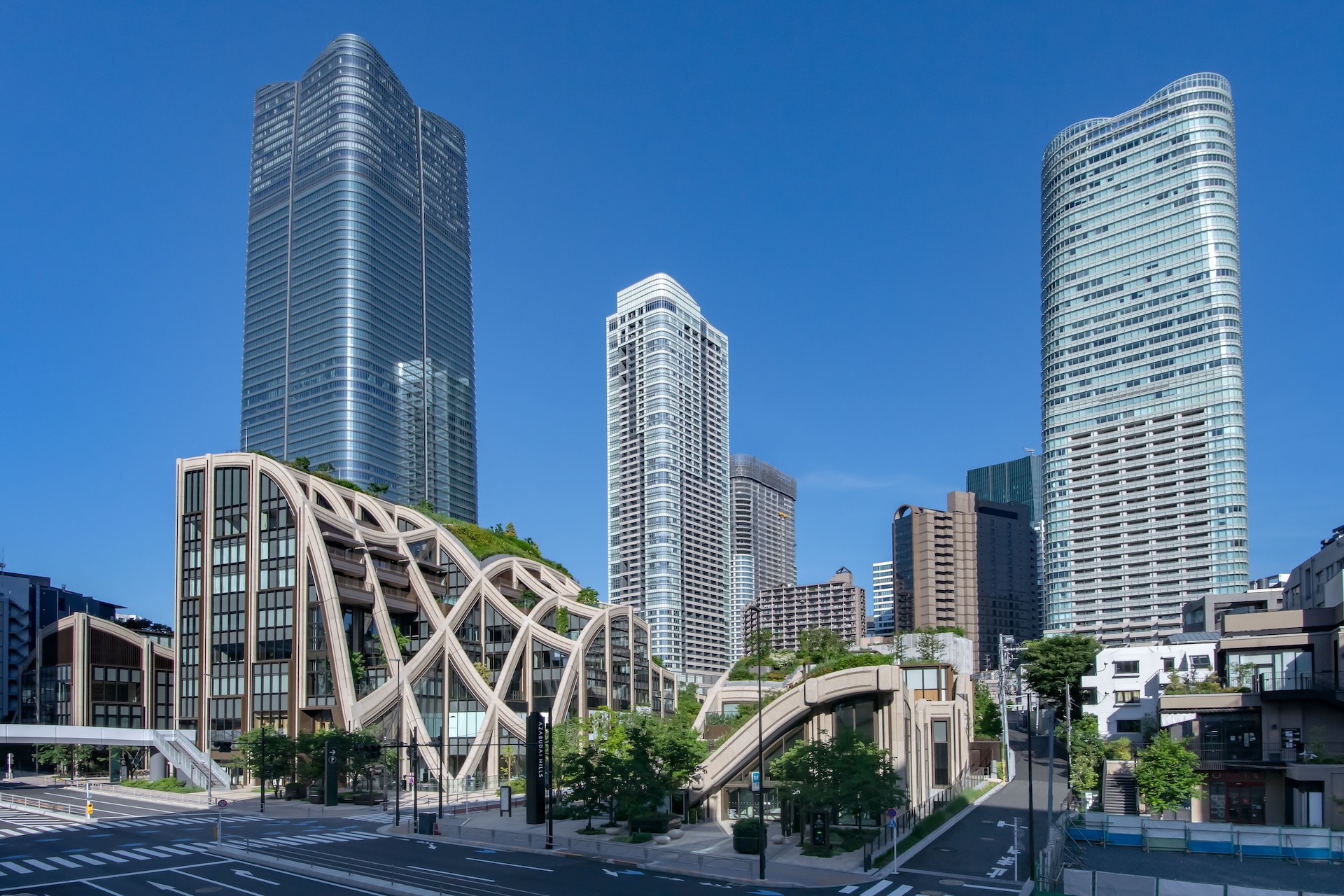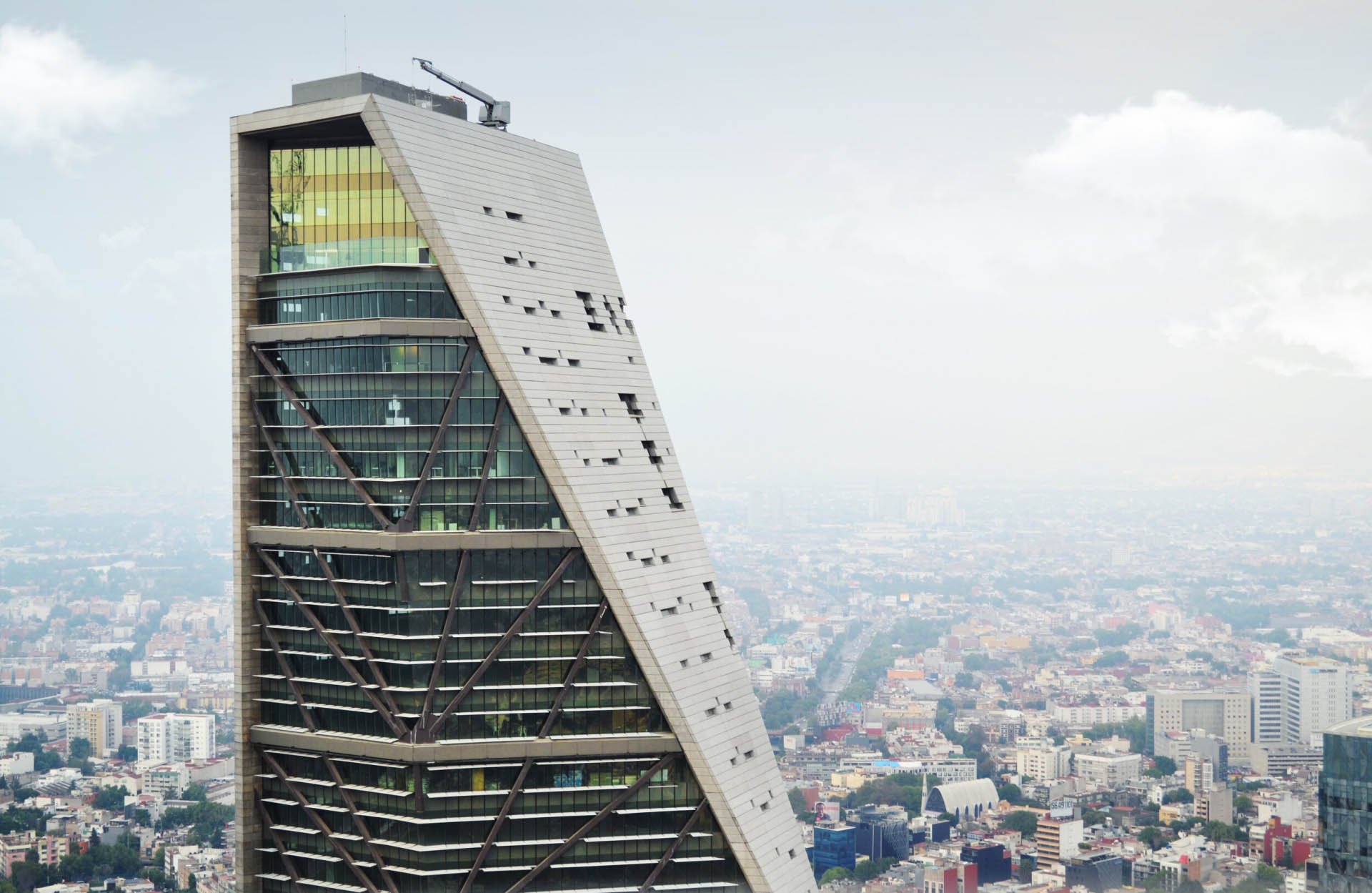 6 min
6 min
The tone is set!
Sally Uren: Among her responsibilities as Chief Executive of Forum for the Future, Sally Uren is tasked with creating a fair and resilient future, in which both citizens and the planet thrive. Her education in ecology and commitment to regenerative business practices lead her to actively work with leading partners — companies, non-profit and philanthropic organizations — with a view to convincing key industry players to join sectoral initiatives.
Lena Hök: Executive Vice President of the Swedish construction group Skanska, responsible for Sustainability and Innovation, Lena Hök has extensive experience in sustainability-related corporate performance evaluation. She has put this expertise to good use in a broad array of sectors — finance, insurance, energy, retail, transport, real estate, and the hotel industry. Also chair of Skanska’s Green Bond Committee, she sits on the board of directors of BoKlok, an IKEA-Skanska joint venture, and chairs Sweden’s International Chamber of Commerce’s Sustainability Committee.
What does “building a sustainable future” mean to you?
Dr. Sally Uren: Forum for the Future is striving to build a just and regenerative future, which entails a profound change in mentalities and attitudes. We are working to change the way that people and organizations perceive, produce, consume, and value both food and energy, as well as companies’ purpose in society. A desirable future for us is based on the creation and distribution of sustainable economic value, respecting the planet’s limits, and restoring the health of ecosystems.
Lena Hök: For Skanska, building a sustainable future means rethinking construction in the long term. We are involved in creating buildings and infrastructures that promote health. To this end, we focus on energy efficiency, the use of low-carbon emission materials, renovation, and harnessing digital tools to optimize construction. Our commitment extends to producing surplus energy, reusing materials, and adopting leading sustainability certifications.
In your view, is it possible to structure large and small scales of action into a kind of planetary puzzle?
Dr. Sally Uren: The question is crucial. Many organizations are struggling for structure scalable actions. We recommend thinking on several levels: what is the aim of your organization in our society, our economy? What are your guiding principles to tackle this question? Co-creation, participatory dialogue, and awareness of the local context are essential parameters in the answers to these questions. By involving these organizations’ members of staff and communities in this questioning, change is much more concrete.
Lena Hök: By definition, construction is already a local application. The innovations implemented in a project can be replicated on a large scale. This was the case for the electrification of heavy machinery, which began on an experimental basis in Stockholm (Sweden) before extending to other areas and countries. The analogy of a puzzle is a pertinent one: it is a matter of creating a whole picture by matching each piece.

In the light of your expertise, what is the sine qua non condition for a sustainable future nowadays?
Dr. Sally Uren: We have to prioritize systemic transformation toward gradual changes, because the current fundamentals no longer meet their initial objective. This involves reconfiguring the specific aims of the health and food systems, or the economy. As well as rethinking transparency and corporate responsibility. In terms of food, for example, we talk about ethical access to nutrition, restoring ecosystems, returning to smallholders, strengthening resilience, and transforming supply chains.
Lena Hök: A major transition is required, especially involving moving away from fossil fuels. In construction, this entails more energy efficiency, resource recovery, circularity, renovation, and the integration of digital solutions… All fed by data. The transition also cannot take place without a solid regulatory and financial system that we can rely on. It is very important to make the sustainable future a profitable choice and express the value of this sustainability for the client to investors.
What advice would you give to younger generations looking to follow a career in professions related to sustainability?
Dr. Sally Uren: Concentrate on action. We know why we must act, so let’s stop talking and take action! The time is short to significantly decarbonize, so take a practical rather than a theoretical approach, not forgetting that sustainable development concerns not only the climate but also biodiversity and social issues.
Lena Hök: Educate yourself, make sure that you have a good base, then look for sectors where you can really contribute: some heavy industries are ready for change. I encourage everyone to think of it not as a revolution but an evolution, which must be implemented step by step. And stay humble given the complexity of the task.
* Forum for the Future is an international organization created in 1996 in the United Kingdom to promote sustainable development, also present in the United States, India, and Singapore. It works with companies, governments, and civil society to accelerate the transition to a just and regenerative future in which people and the planet can thrive.
More information:
1 https://www.snohetta.com/projects/powerhouse-brattorkaia
2 https://www.bupa.com/news/press-releases/2023/bupa-expands-healthy-cities-programme
Photo credits: © ForumForTheFuture © Skanska © SanyaSM/Getty Images









